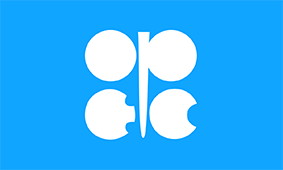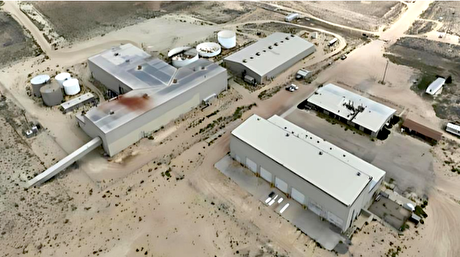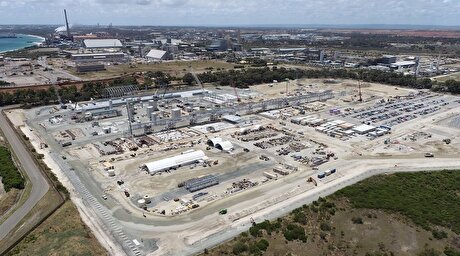
Opec says cuts needed to counter non-Opec supply growth


The remark is an open recognition that policy is being driven by the increase in US production. Customarily, cuts have been justified by reference to high five-year average OECD stock levels or, more recently, days of forward cover.
In December, Opec and its non-member allies, led by Russia, agreed to cut production in the first six months of 2019 by 1.2mn b/d, basis October 2018.
The January Monthly Oil Market Report (MOMR) leaves supply and demand estimates for 2018 and forecasts for 2019 virtually unchanged from the previous report. Last year's demand growth is put at 1.5mn b/d, giving a total of 98.78mn b/d. Third-quarter demand was revised higher but fourth-quarter demand was lowered.
For this year, demand growth is seen at 1.29mn b/d, reaching 100.08mn b/d, with minimal growth in the OECD countries as a whole. China's demand growth is expected to be lower than for 2018 but this will be compensated for by "healthy gains" in Latin America and the Middle East.
Non-Opec supply growth for 2018, which now includes production from Qatar as that country has left Opec, inches higher by 50,000 b/d to 2.61mn b/d, to 62.06mn b/d. A similarly trivial downward revision of 60,000 b/d for 2019, leaves this year's non-Opec supply growth at 2.1mn b/d, to reach 64.16mn b/d. But Canada's production has been revised down by 121,000 b/d, compared with the previous MOMR. Forecast US supply growth of 1.7mn b/d — 1.17mn b/d of it tight oil — is down from the 1.52mn b/d for 2018 "due to fundamental constraints, mainly limited pipeline capacity to transfer Permian oil" to the US Gulf coast.
Reporting data submitted by member countries, the report said Saudi Arabia's production in December was 10.643mn b/d, a monthly reduction of 450,000 b/d. Nigeria reported an increase of 218,000 b/d, which contrasts with the aggregation of secondary sources used by the secretariat — of which Argus is one — that shows a rise of just 11,000 b/d. Similarly, there is a mismatch between official Venezuelan data that put December output up by 47,000 b/d at 1.511mn b/d, and secondary source number that put it down by 33,000 b/d at 1.148mn b/d. Iran, hit by unilateral US sanctions, no longer supplies production figures.


Column: EU’s pledge for $250 billion of US energy imports is delusional

Anglo American posts $1.9B loss, cuts dividend

Ramaco Resources secures five year permit for Brook rare earth mine in Wyoming

BHP, Vale accused of ‘cheating’ UK law firm out of $1.7 billion in fees

Southern Copper expects turmoil from US-China trade war to hit copper

Trump tariff surprise triggers implosion of massive copper trade

Eldorado to kick off $1B Skouries mine production in early 2026

Southern Copper eyes $10.2B Mexico investment pending talks

Newmont nets $100M payment related Akyem mine sale

Caterpillar sees US tariff hit of up to $1.5 billion this year

Uranium Energy’s Sweetwater plant on fast track for in-situ mining approval

Tianqi Lithium Australia JV says it is prioritizing long-term viability of refinery

First Quantum scores $1B streaming deal with Royal Gold

One dead, five missing after collapse at Chile copper mine

Eldorado to kick off $1B Skouries mine production in early 2026

Newmont nets $100M payment related Akyem mine sale

Idaho Strategic rises on gold property acquisition from Hecla

Goldman told clients to go long copper a day before price plunge

Gold price rebounds nearly 2% on US payrolls data

Caterpillar sees US tariff hit of up to $1.5 billion this year

Uranium Energy’s Sweetwater plant on fast track for in-situ mining approval

Tianqi Lithium Australia JV says it is prioritizing long-term viability of refinery

First Quantum scores $1B streaming deal with Royal Gold

One dead, five missing after collapse at Chile copper mine

Eldorado to kick off $1B Skouries mine production in early 2026

Newmont nets $100M payment related Akyem mine sale

Idaho Strategic rises on gold property acquisition from Hecla

Goldman told clients to go long copper a day before price plunge














